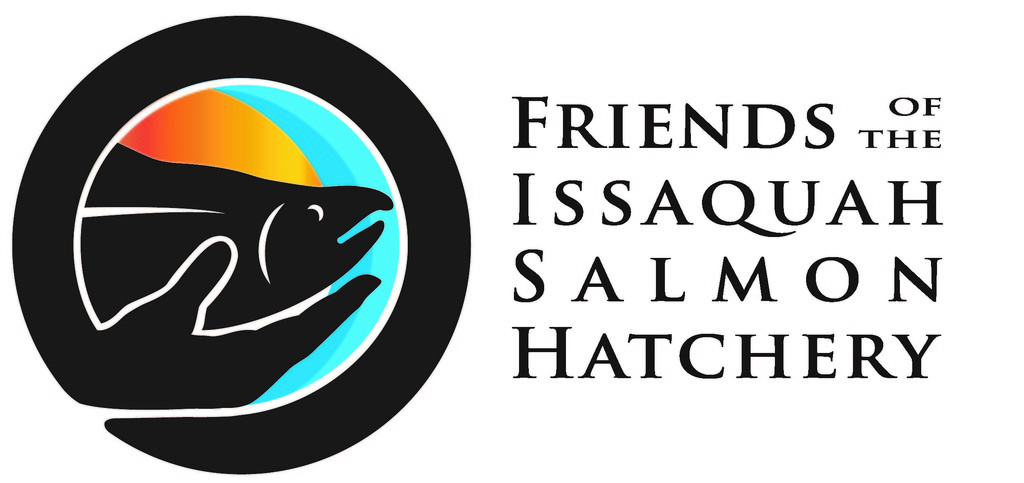Where Is It Safe to Farm Salmon? On Shore!
When one hears about farming fish, you think about the net-pen rearing of Atlantic salmon or trout — which we know pose threats to our resident and migratory salmon. Cramming thousands of salmon into a small pen creates a continuous, concentrated plume of fish excrement for the local environment. This plume pollutes the environment, and since many pens are built in inlets to reduce wave action, the effluent concentrates in these areas.
The collapse of the net pens off Cyprus Island in 2017, moreover, demonstrated how the largest net pen operators can fail to comply with existing regulations, which should cause all of us to closely reconsider this type of farming.
Thankfully, Canada is addressing these problems by phasing out pen-rearing of salmonids (including salmon and trout) and encouraging a whole new form of aquaculture: Recirculating Aquaculture Systems (RAS). RAS are land-based, closed systems which eliminate the problems and risks of net pens. The fish are raised in tanks, and the water goes through several stages of treatment before recycling back into the closed system. No effluents are released, and potential disease is contained.
Last year, Canada’s Prime Minister Justin Trudeau committed to a transition from net pens in coastal waters to RAS systems by 2025. British Columbia is carrying out this national policy locally, detailed in this excellent article in RASTech Magazine: Canada Begins Transition for Salmon Net Pen Farms. Check it out!
